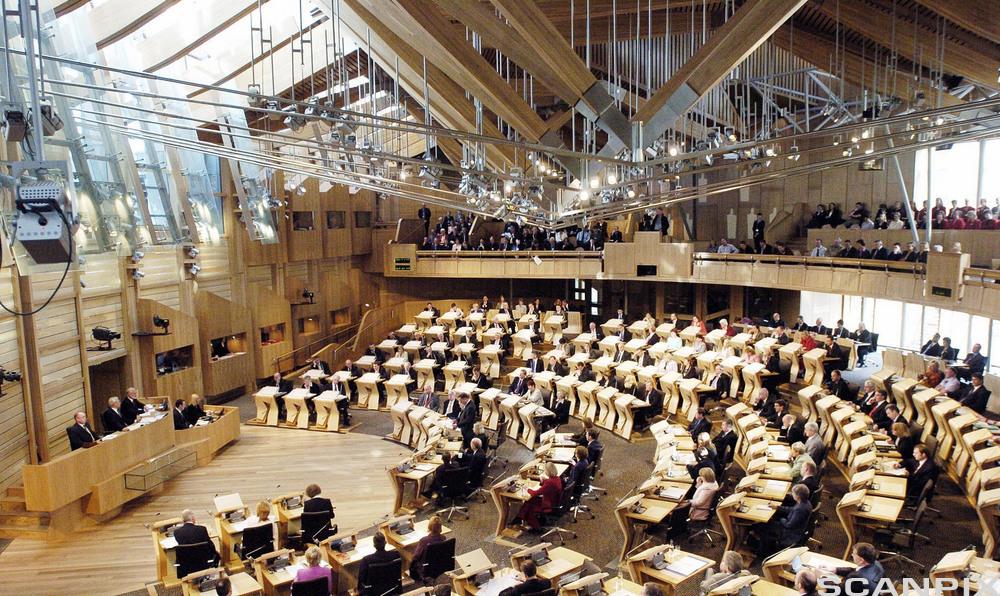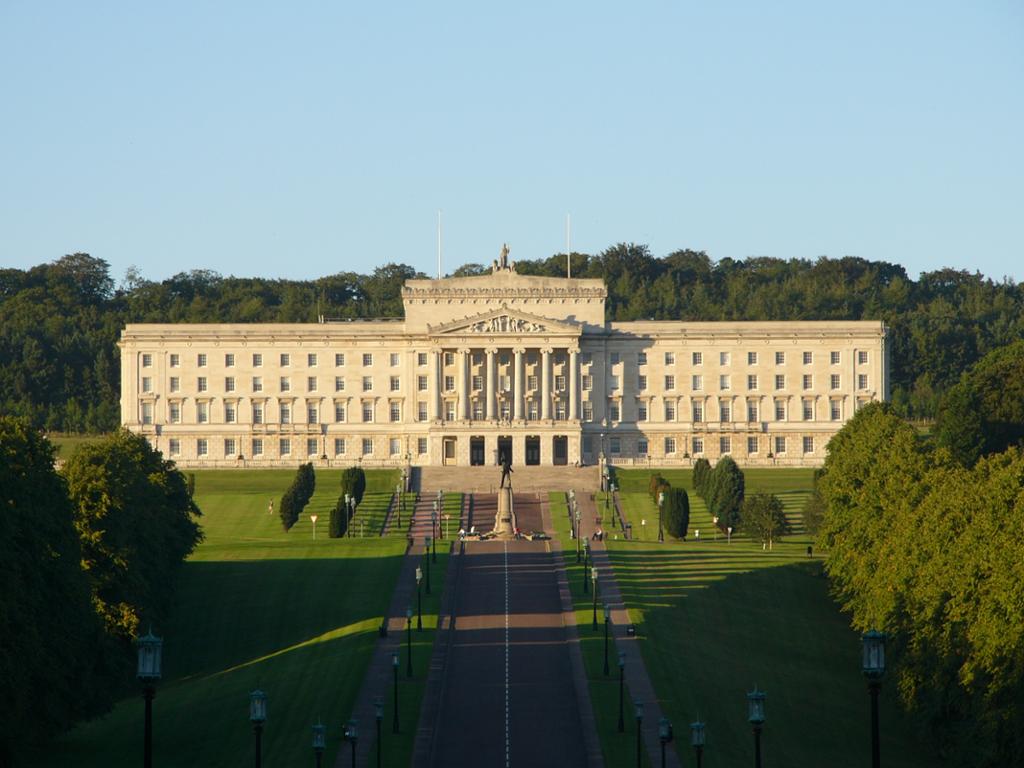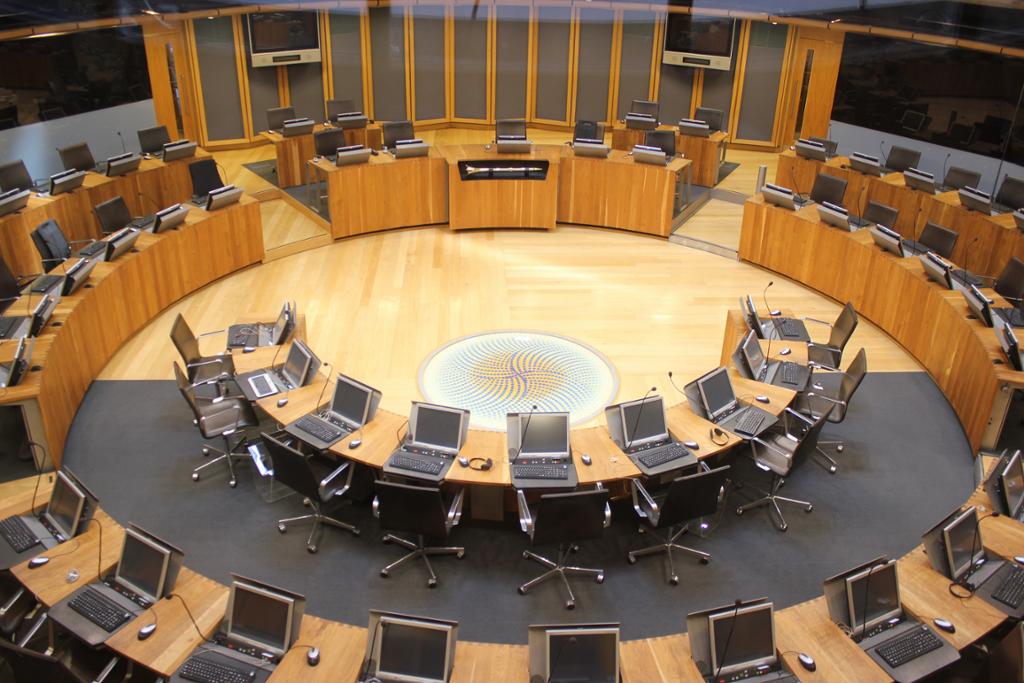Devolution of Power in the United Kingdom

Devolution of Power in the United Kingdom
Transferring power is a way of ensuring that decisions are made closer to the people, communities, and businesses they affect. It is seen as more democratic than leaving decisions up to a central authority. It is also a way of reducing friction between the different countries that make up the United Kingdom of Great Britain and Northern Ireland.
In 1997, voters decided that Scotland and Wales were to get their own parliaments. The decision to create a parliament for Northern Ireland was a central component of the Good Friday Agreement, which ended decades of violent conflict. A referendum was held in 1998 to confirm that voters were behind the decision to establish an assembly in Northern Ireland.

Devolution means that there are now four different executive and legislative authorities in the UK. The Parliament and government in London have retained power over defence, foreign affairs, immigration, trade policy, the constitution, and broadcasting.

The parliaments in Northern Ireland and Scotland and the Assembly in Wales have been given power over health and social care, education and training, local government, agriculture, forestry and fisheries, transport, justice and policing, and sports and the arts. In addition, they are allowed to levy some taxes and handle some social security elements. For England, these areas are handled by the central parliament and government.
The four administrations speak to each other to make sure things run smoothly. They have various channels of communication, for example the Joint Ministerial Committee, where issues can be discussed.
Relatert innhold
Interactive tasks about the system of government in the UK.
Tasks about the system of government in the UK.